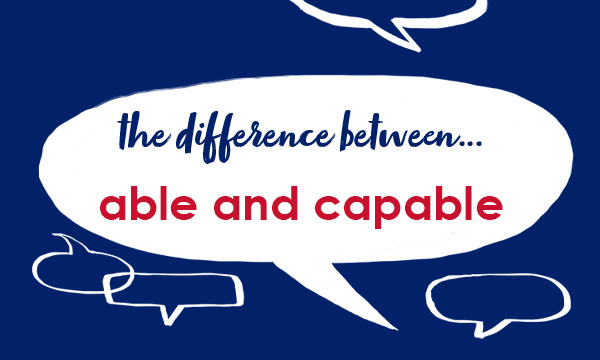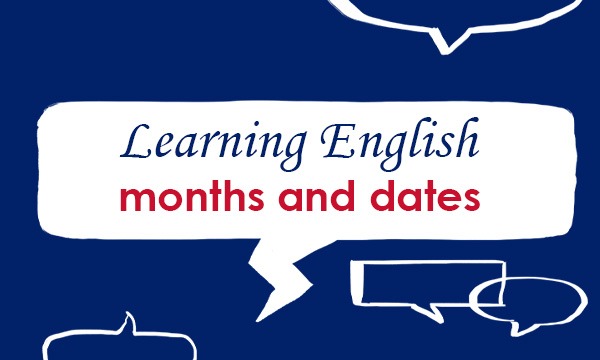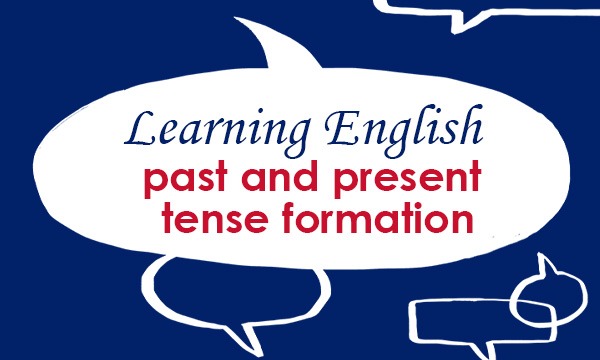This week we are looking at two words which may be confused by learners of English: able and capable.
able

If someone is able to do something, they can do it either because of their knowledge or skill, or because it is possible.
He wondered if he would be able to climb over the fence.
They were able to use their profits for new investments.
If you use a past tense, you mean that someone has actually done something.
We were able to reduce costs.
Someone who is able is very clever or very good at doing something, especially something academic.
Naomi was a hard-working and able student.
capable

If someone is capable of doing something, they have the knowledge and skill to do it.
The workers are perfectly capable of running the organization themselves.
You can say that someone is capable of a particular feeling or action.
I don’t believe he’s capable of murder.
You can also use capable of when you are talking about what something such as a car or machine can do.
The car was capable of 110 miles per hour.
Find out more in our English Usage article.
This blogpost is based on Collins COBUILD English Usage, written for learners of English. For more examples of English usage points, please visit: https://grammar.collinsdictionary.com/english-usage.
All opinions expressed on this blog are those of the individual writers, and do not necessarily reflect the opinions or policies of Collins, or its parent company, HarperCollins.



